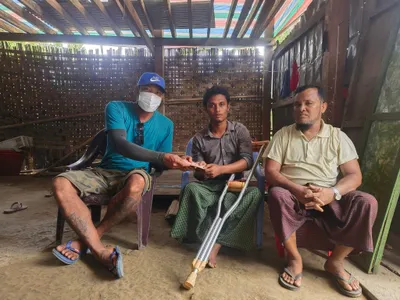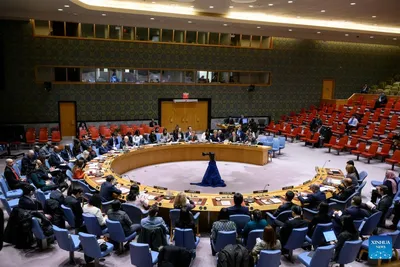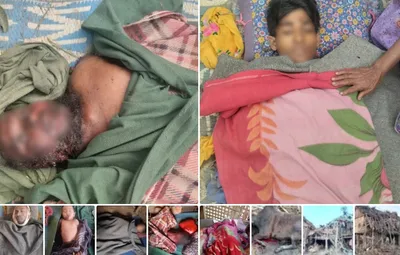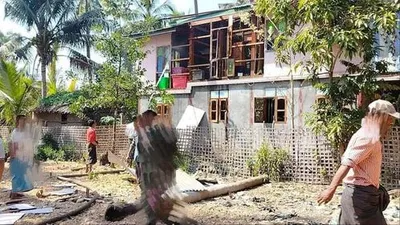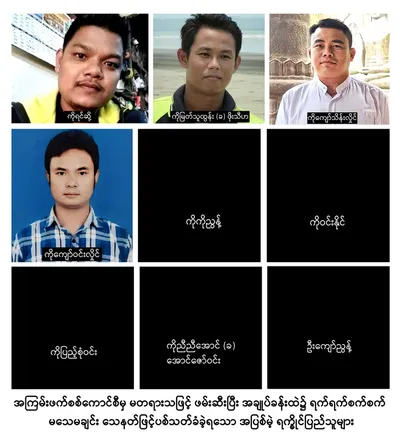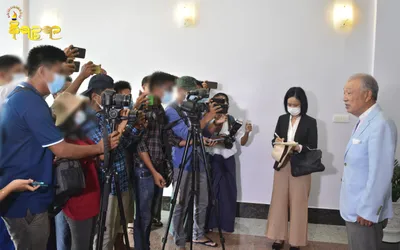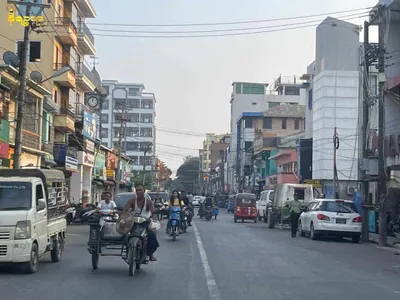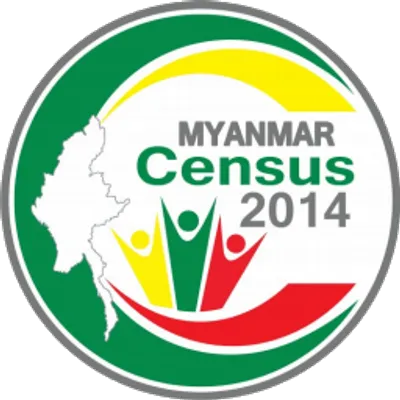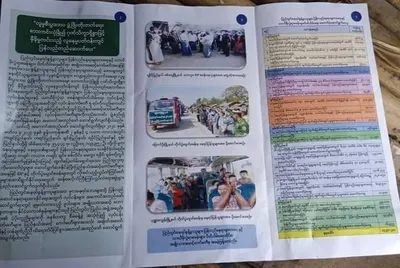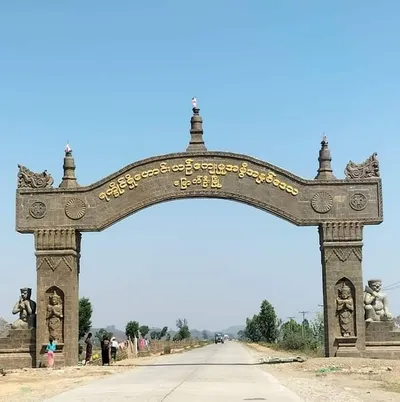- Web Master
- May 04, 2024
Despite foreign aid, the Rakhine people go hungry
- By: Web Master
- | Date: 30 June 2023
- | Viewer: 2.1k
'Over 500 tons of rice from Korea and 20,000 rice packets from Japan arrive in Myanmar.'
Thailand, India, Bangladesh, Asean countries, and the international community have been continuously contributing aid to the people of Rakhine
State impacted by Cyclone Mocha, but Rakhine households are facing famine.
Recently South Korea donated more than 500 tons of rice and Japan sent 20,000 packets of
ready-to-eat rice to the Rakhine region.
Under the Asean +3 emergency rice food APTEER tier 3 program, 554 tons of rice from Korea and
20,000 packets of ready-to-eat rice from Japan were donated to the Rakhine State military council through the
State’s agriculture department on
28 June.
This program provides support and distribution of emergency
rice to regions in need in case of
a natural disaster within Asean (10) plus
(3) countries.

Though the international community has been sending food and other relief items for the Mocha affected
people, many of them are yet to receive
those.
There are about 80 houses (where 75 were destroyed) in Thayar Gone village under Mrauk U township, but
the military council provided only
one can of rice milk per person, a 6-foot tarpaulin and some clothes for the children.
"However, the reliefs were provided to about 40 houses only. The
rest are yet to receive the aid.
The concerned authorities remain reluctant
to address the issue,” said a villager.
The Rakhine families came to know about the international aid, but they get disappointed with the role of
junta officials.
Earlier, Thailand donated about 20 tons of relief items (including temporary tents, mosquito nets and
instant noodles) and India donated 25
tons of relief items (including tents, sardine cans, tarpaulins, bread and medical supplies) to the storm affected families through the military council.
The Asean member countries donated more reliefs worth $60,000 through the
junta.
Bangladesh also donated 120 tons of humanitarian aid to the Rakhine State in western Myanmar.
The Bangla navy ship named Samudra Joy carried the relief materials. Sent by the Bangladesh foreign
ministry, the ship left Chittagong on 3 June
and arrived in Thilawah port of Yangon on 5 June. The relief materials include dry
food items, tents, various medicines and water purification tablets.
Shockingly, the storm affected families claim that even after 45 days of the natural disaster they have not
received the relief items.
“We haven’t received anything from the military council but two cans of rice and a duck egg. Even the volume
of rice was not enough for a full meal. We haven’t received anything like sardine cans or nutritious bread. We have no money to buy food items for the hungry children. No building materials are
also offered to us,” said a woman hailing
from Sittwe.
As the rainy season begins, the people are also in need of shelter.
“A safe place from the wind and rain would be just enough for us. For the rest, we’ll earn a living. We have
great difficulties living here in
the cloudy weather where it has been raining in every evening. Even we can’t eat full meals, but we need
safe shelters urgently. We are completely exhausted now,” said a 50-year-old displaced person from Kyauktaw locality.
The military council has not only failed to deliver international relief supplies, but also denied the
access for non-government organisations,
international NGOs and the International Committee of
the Red Cross (ICRC) to the affected areas for distributing much-needed relief supplies.
Even the access of the United Nations has been banned since 8 June.
The United Nations office for the coordination of humanitarian affairs (UNOCHA) said on 22 June that because
of the ban a lot of difficulties have
emerged in supporting the Mocha affected families.
.webp)
